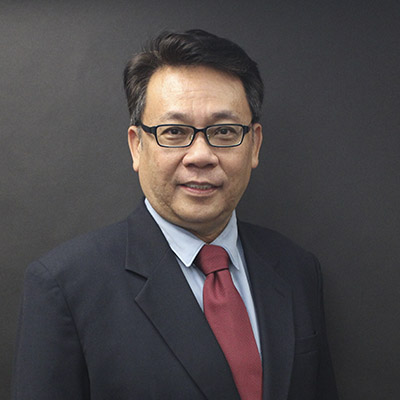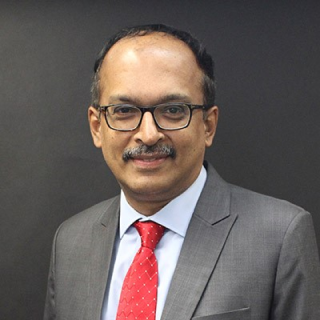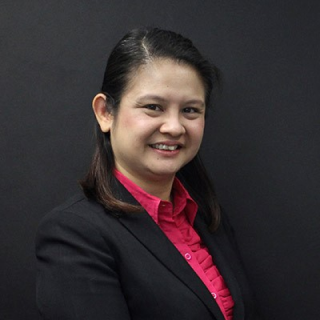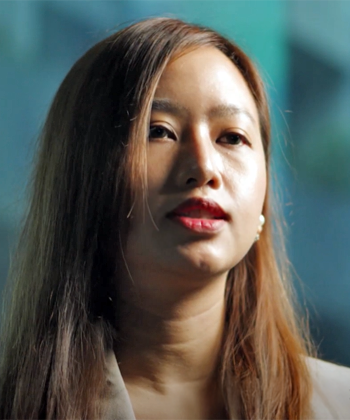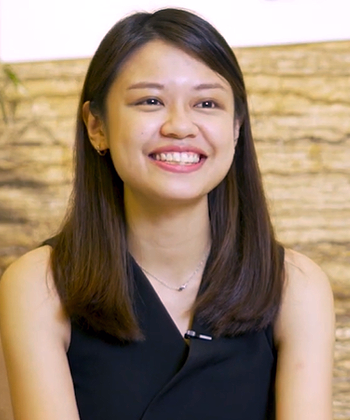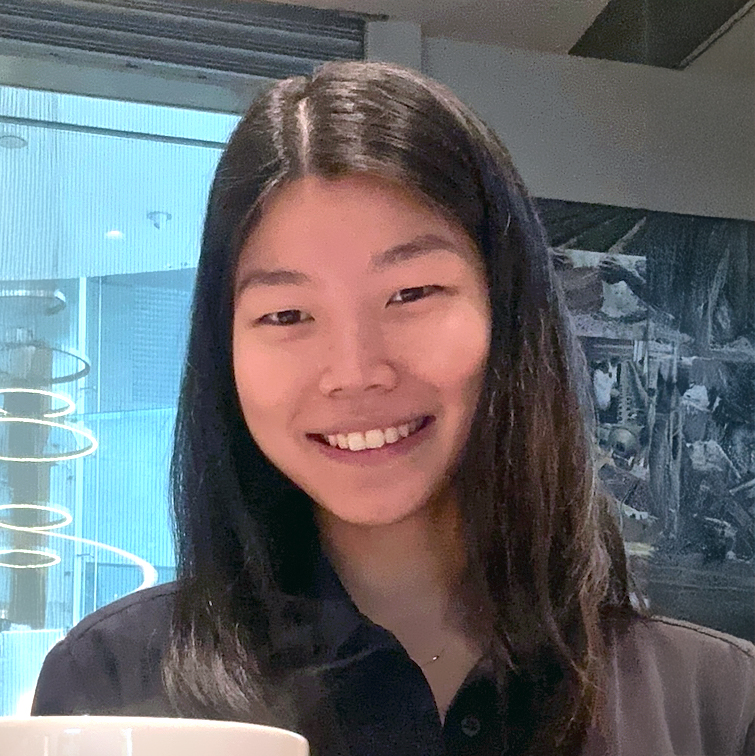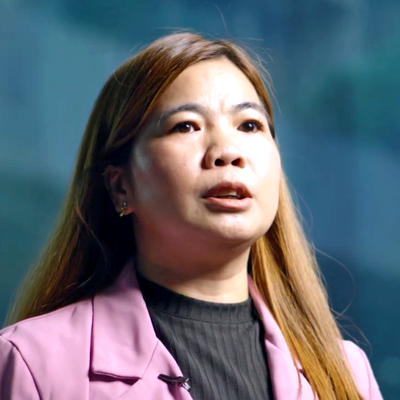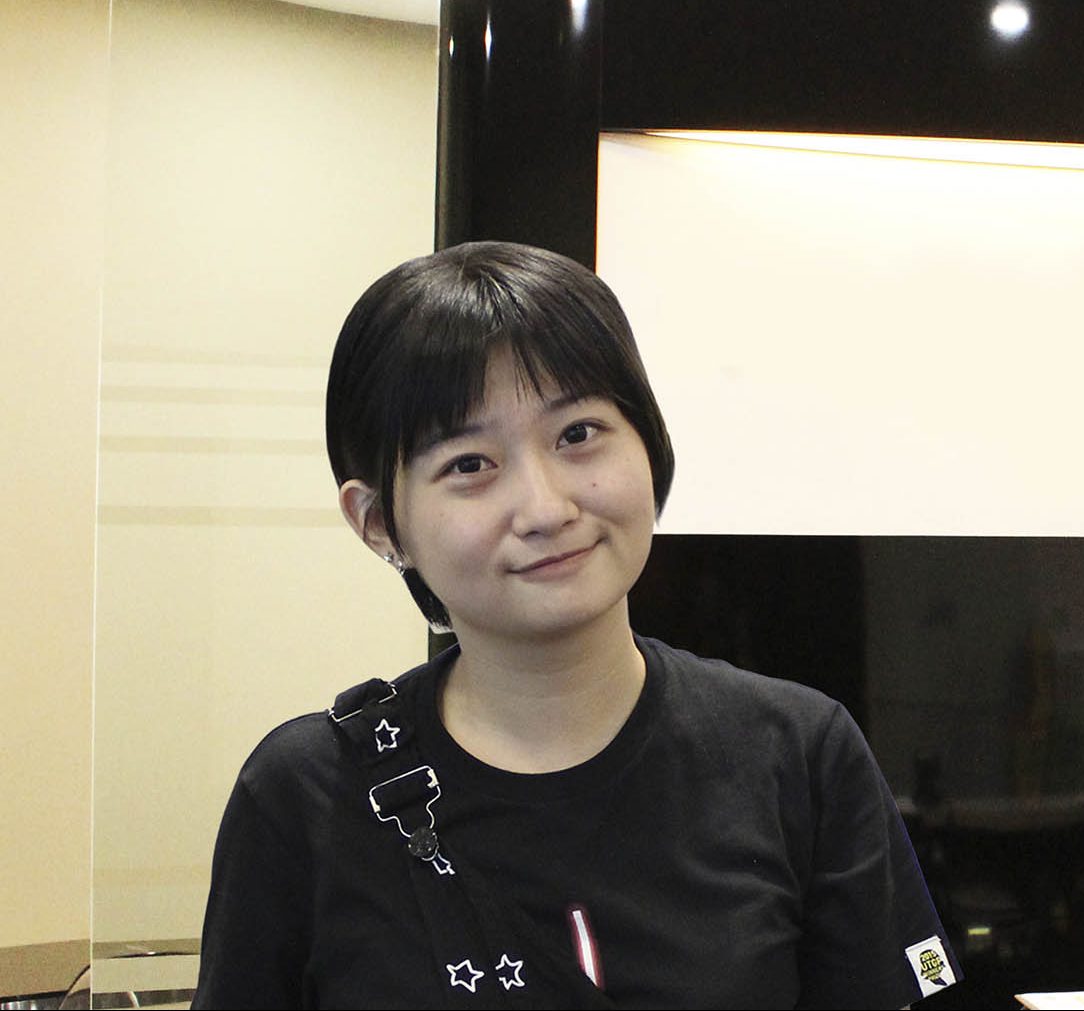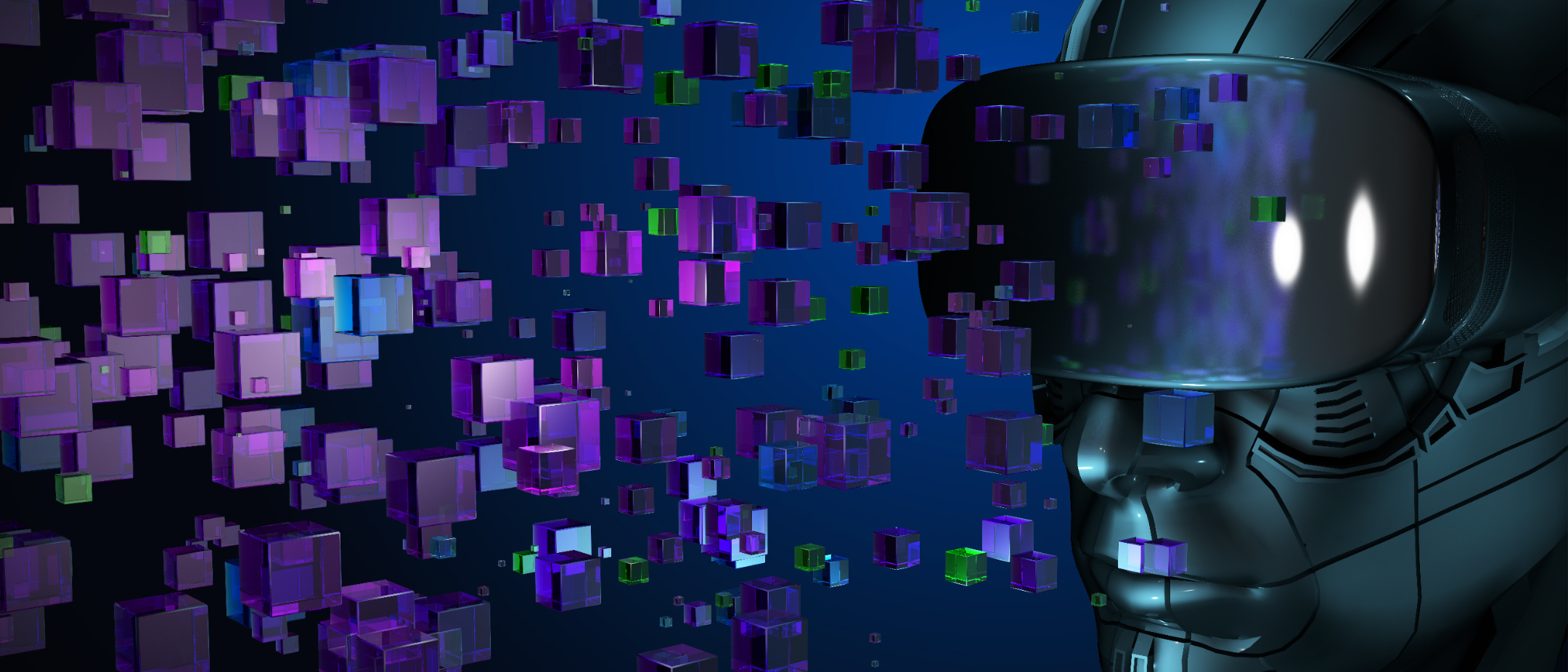
OVERVIEW
About This Programme
Step into the future of digital entertainment with LSBF Singapore’s Diploma in Metaverse, Gaming and Edge Computing. This programme equips students with practical skills in metaverse games, edge gaming, mobile edge computing, and edge cloud computing, preparing you for careers in the rapidly growing gaming and metaverse industry.
The Diploma in Metaverse Gaming and Edge Computing (DMGEC) has been developed by London School of Business and Finance in Singapore to prepare expert learners by equipping them with the professional and expert skills, and knowledge needed to be successful in metaverse game and business fields.
This metaverse course is about more than just gaming and socialising. It is about cultivating community, connections, and real opportunities including holography, VR app development, introduction to gaming, animation using augmented reality, virtual reality, Web 3.0 economy, Mobile Edge Computing, Fog Computing, Edge Cloud, Industrial Internet of Things (IIoT), e-Sports, Non-fungible tokens, blockchain, Decentralised Finance (DeFi), and Game Finance (GameFi).
CIMA and ACCA accredited degree
8 month | fulltime
fast track degree
Practical and theoretic modules
Guided career sessions
MODULES
A programme to designed to explore beyond subject knowledge
By the end of the programme, graduates will be able to demonstrate the accounting and finance related knowledge, which will be further developed and integrated into broader business knowledge, skills and professional values and ethics.
XR-VR, AR, and MR Metaverse with Unity
The aim of this module is to introduce learners to VR, AR, MR theory and application. This module covers field, illuminating XR from both technical and HCI perspectives. XR’s technical foundations, including display and tracking technologies will be introduced. Learners will gain hands-on practice to show how XR emerges from the symbiosis of computer vision and computer graphics, introduce XR-specific visualization and 3D interaction techniques, and showcase applications from diverse industries.
Blockchain,and Decentralised Finance (DeFi) in Metaverse using Ethereum and DAPPS
The aim of this module is to introduce learners to understand blockchain technology, ecosystems, business models, implementation strategies, governance, and emerging capabilities. Learners will gain exposure to explore a wide spectrum of industry-specific and cross-industry use cases. Students will gain hands-on experience with Ethereum Smart Contract programming and also introduce to Dapps, ERC20 tokens, programming. Learners will be introduced to Tendermint and Cosmos programming models and software architectures.
Multiverse Using Ethereum and AWS
The aim of this module is to introduce learners to Web 3.0 Economy, Mobile Edge Computing, Fog Computing, Edge Cloud, Industrial Internet of Things (IIoT), e-Sports, Non-Fungible Tokens (NFTs) and Game Finance (GameFi) metaverse using Ethereum and AWS and their emergence and role in society, the economy and business. The course covers the common principles underlying the science and technology on which these fields are based. It also addresses technology innovation, adoption, diffusion, and disruption, and regulatory frameworks.
Edge Computing and Industrial Internet of Things
Certified Artificial Intelligence (AI) in Metaverse Practice using PyTorch
The aim of this module is to introduce learners to be able to develop real world AI applications. This module integrates AI and Metaverse which uses AI Learning Insights with Data Analytics. Learners will be able to create AI-enabled language processing applications, chatbot, and create non-playing characters (NPCs) in a video game that can react and respond to your actions in a VR world.
Certified Open-Metaverse VR App Developer using C# and Unity
The aim of this module is to introduce VR application development using Unity game engine. Learners will be able to create 3D UI, VR input and locomotion by testing the interaction. Unity engine is introduced to the learners as a GUI based programming environment, in which the programming is done through dialog windows and supports scripts written in C#, which will allow learners for more complex VR functionality. Learners will be able to create intuitive 3D menus to control applications and discuss key usability goals for virtual reality.
Professional Certificate in Designing Metaverse Game and Animation Using Unity
The aim of this module is to introduce game development with the powerful Unity game engine. Learners will be able to create timeline sequences, game world creation, and full game creation. Learners are taught through hands-on projects, with strong visual elements complementing Unity’s drag-and-drop approach.
Professional Certificate in Implementing Metaverse Game and Animation using Unreal and C++
The aim of this module is to introduce learners to creating VR games or applications. Learners will be interested to learn how VR could augment the work done in the current industry sector. This module uses a practical, hands-on approach to teach learners how to build VR games and applications using the Unreal Engine. Each topic in this module walks you step by step through the process of building the VR application with in-depth explanations.
Full programme structure and learning outcomes
Get detailed breakdowns and learn about the advantages of learning with LSBF Singapore.
what to expect
Prepare for a cutting-edge career in Computing
Programme Aims
The aim of the DMGEC programme is to reveal the Metaverse, deepen participants’ understanding, and provide opportunities to explore its business applications in the holography art, VR app development, gaming, animation, Mobile Edge Computing, Fog Computing, Edge Cloud, Industrial Internet of Things (IIoT), NFT industry sectors. By the end of the course, students will have a deeper understanding of metaverse, multiverse and its endless possibilities through an interactive approach.
In this course, participants will learn how to design user interfaces and experiences for the Metaverse. Participants will explore how to harness the metaverse’s unique qualities to unlock business potential using augmented and virtual reality-specific design thinking concepts and application development.
DMGEC aims to give students the best possible preparation to commence a career in a wide range of industries. Graduates of the course will be able to demonstrate a sound knowledge of the basic underlying metaverse concepts and principles associated with the broader discipline of multiverse in technology and business context.
The course aims to provide students with:
- The eligibility to progress into a suitable career in metaverse business.
- An understanding of basic theories and concepts of the subject area, and the ability to communicate these accurately to a range of peers.
- Gain skills that can be used in a wide range of situations and contexts.
Learning Outcomes
Graduates of the DMGEC should be able to understand and apply, within the employment context, practical skills, human soft skills, basic theories, and concepts.
Upon successful completion of this DMGEC programme, students should be able to:
- Gain an overview of what is the metaverse and multiverse.
- Apply metaverse concepts including holography, augmented, virtual realities, mobile edge computing, fog computing, AWS edge cloud, Industrial Internet of Things (IIoT), through hands-on exercise.
- Craft plans with metaverse or multiverse and enable businesses to prepare their existing business operations to gain competitive edge.
- Review how businesses can create interfaces and VR app to interact in the metaverse.
- Create interfaces exploring the interface concepts and using opensource software tools and holography.
- Design user interfaces and user experiences to influence the perception of emotions in artificial agents in the metaverse.
- Create user experiences adopting properties of metaverse.
Skills you will acquire

$92,000+
median Singapore salary for Accounting
483,000+
Singapore job openings in Accounting
75%
of graduates report positive career outcome
programme structure
Course Structure and Assessment
Learners must take and satisfactorily complete eight modules to be awarded the LSBF DMGEC. All learners must complete all modules. Students, who fail to complete all eight modules, will be given only a modular certificate of achievement.
Assessment Framework
| No: | Module Code | Module Title | Assessment Coursework |
| 1 | ALL | ALL | Project Ideation 10% Project 70% Presentation 20 % |
| 2 | METV 1100 | Edge Computing and Industrial Internet of Things | Test 1 20% Test 2 20% Group Applied Assignment 60% |
Grading Scheme Criteria
| Total Marks | Grade | Percentage |
| 70-100 | High Distinction (HD) | 70-100% |
| 60 – 69 | Distinction (D) | 60– 69% |
| 50 – 59 | Credit (C) | 50 – 59% |
| 40 –49 | Pass (P) | 40 –49% |
| 0 – 39 | Fail | 0 – 39% |
Assessment Regulation
Student must achieve an overall passing grade of 40%. Students who fail a module at the first attempt are permitted two (2) further opportunity to pass the module (resit) and failure of this retake will require students to sit the failed module(s) again in full prior to additional retake attempt. The Examination Board (or its nominee) determines the form and timing of reassessment for each module on the following basis:
- the form of re-assessment follows the method(s) of assessment specified in the assessment framework
The module result for a student who passes a module at re-assessment is capped at the minimum pass mark (e.g., 40%).
Exit Qualification
Where students are unable to complete the course, they may be given a modular short course certificate as a “Certificate of Achievement”.
Core Modules
The DMGEC curriculum comprises of 200 credit points over eight (8) 20-credit modules.
| No: | Module Code | Module Title | Credits | Study Workload |
| 1 | METV 0100 | XR-VR, AR, and MR metaverse with Unity | 20 | 200 |
| 2 | METV 0101 | Blockchain, and Decentralised Finance (DeFi) in Metaverse using Ethereum and DAPPS | 20 | 200 |
| 3 | METV 0102 | Multiverse using Ethereum and AWS | 20 | 200 |
| 4 | METV 1100 | Edge Computing and Industrial Internet of Things | 20 | 200 |
| 5 | METV 1101 | Certified Artificial Intelligence (AI) in Metaverse Practice using PyTorch | 20 | 200 |
| 6 | METV 1102 | Certified Open-Metaverse VR App Developer using C# and Unity | 20 | 200 |
| 7 | METV 1103 | Professional Certificate in Designing Metaverse game and animation using Unity | 20 | 200 |
| 8 | METV 1104 | Professional certificate in implementing Metaverse game and animation Using Unreal and C++ | 20 | 200 |
| Total | 160 | 1600 |
teacher student ratio
1:24
STUDENT SUPPORT SERVICES
Why choose LSBF for your education
Study Materials
Students will receive study materials after they have made full payment for their programme. Replacement of study materials is subject to additional charge.
Student Portal
Students have access to the Student Portal. It is a useful site where the course information and learning materials are available for students’ easy reference.
Accessible Faculty
Students may contact their lecturers directly via email outside the lecture hours for any academic related queries.
Recorded Lectures
We will show compassion and care to all stakeholders as we believe the journey is as important as the outcome.
ELIGIBILITY
Who can apply for this programme
Lorem ipsum dolor sit amet, consectetur adipiscing elit, sed do eiusmod tempor incididunt
ut labore et dolore magna aliqua. Ut enim ad minim veniam, quis nostrud exercitation
Minimum Age Requirement
Minimum age – 18 years old or above.
Minimum english language Entry Requirement:
Both local and international students must fulfill the minimum English language entry requirement of one of the following:
- Achieved grade C6 or better in the English language in ‘O’ level
- Passed in the English Language in Year 10 High School qualification or equivalent
- Achieved IELTS 5.5/TOEFL 500 or Grade 4 GCSE
- Completed LSBF Preparatory Course in English Upper Intermediate Level
- Successfully passed the LSBF English Placement Test
- External Placement Test (EPT) one which is before they arrive to SG and
- Internal Placement Test (IPT) when they arrive in Singapore as a final placement marker, OR
- Applicants who do not have any valid / certified English Language test as a guide.
- Dynamic Clarity for those students who wish to matriculate into a Degree/ master’s course.
Recent graduates, early career professionals, and creative professionals such as:
- Any one of the following academic qualifications:
- Local Polytechnic Diploma in numerate or Computing-related subject
- Bachelor’s degree in any field.
- Mature candidates: 30 years old + 8 years of working experience in any field or in a specialised filed such as AR, VR metaverse, multiverse and metaverse game design, graphic or UX designers etc.
- Language qualifications: minimally IELTS 5.5 and above
- Early career game professionals looking to expand their career opportunities by gaining, use AR, VR metaverse business exposure to multiverse and metaverse game design.
- Creative professionals such as graphic or UX designers, sound engineers, production artists, or art directors who have a passion for AR, VR, metaverse business, and game.
Students with non-standard entry requirements will be assessed on a case-by-case basis subject to approval of the Academic Board.
Minimum Academic Entry Requirement:
Local students shall possess one of the following:
- Two passes in GCE ‘A’ Level Examinations
- International Baccalaureate (24 points)
- Local Polytechnic Diploma in any field
- Computing-related subject or in STEM related field.
International Students shall possess one of the following:
- Completion of Year 12 High School Qualification or equivalent qualification from respective home countries
- Completed International Baccalaureate (24 points)
- Equivalent Local Polytechnic Diploma in any field in respective home countries
TUTION FEES
(Prices inclusive of GST)
SGD $6,104.00
(local students)
FAQs
Is this programme eligible for SkillsFuture (SSG) or Post-Secondary Education Account (PSEA) funding?
SkillsFuture (SSG) and Post-Secondary Education Account (PSEA) funding are currently applicable only to selected programmes offered by public institutions such as NUS, NTU, and SMU. While this programme is not covered under those schemes, we’re pleased to offer exclusive rebates and promotional rates. To learn more about the available fee support and eligibility, please contact our Education Consultants at +65 6580 7700 or get in touch here.
What career opportunities are available after this diploma?
You can explore junior roles such as XR/VR developer trainee, game tester, or metaverse content creator. These are emerging fields, with potential roles in startups, gaming companies, and innovation labs.
What can I study after this diploma?
You can look to progress to University of East London’s Bachelor of Science (Honours) Computer Science, or other relevant degrees.
What if I realise this area isn’t for me?
Your creative and technical exposure allows you to pivot to IT, digital media, or business technology-related programmes.
How do I get started?
Reach out to our expert education consultants at +65 6580 7700 or visit us at 80 Robinson Road, #01-00, Singapore 068898. We’re here to help you plan your next step.






